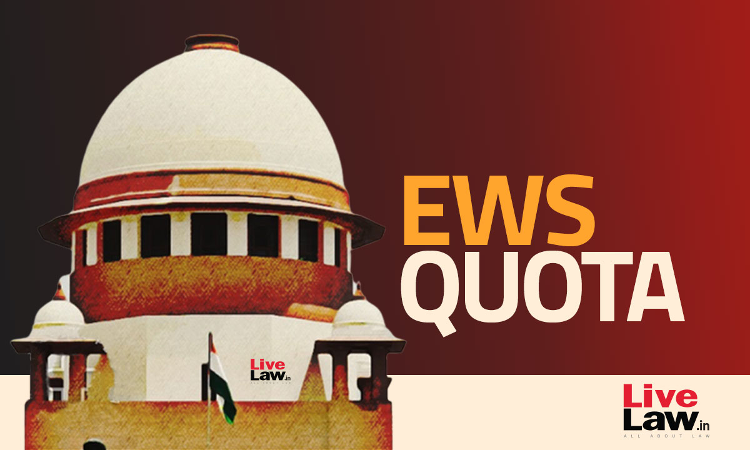Dravida Munnetra Kazhagam (DMK) has moved Supreme Court of India seeking a review of the Constitution Bench judgment upholding the validity of the 103rd Constitutional Amendment which introduced provisions for reservation to Economically Weaker Sections (EWS). The judgement dated 07.11.2022, by a 3:2 majority, had upheld the validity f the 103rd Constitutional Amendment which introduced...

